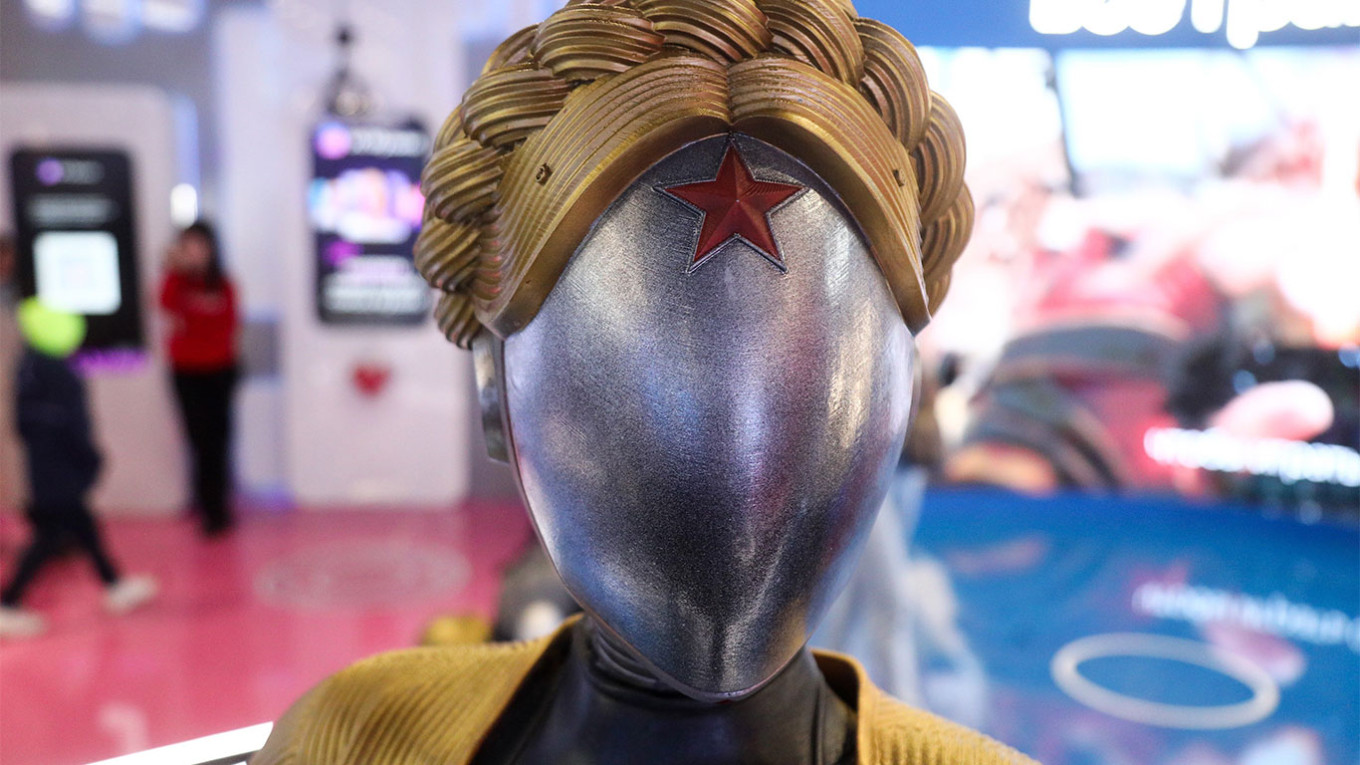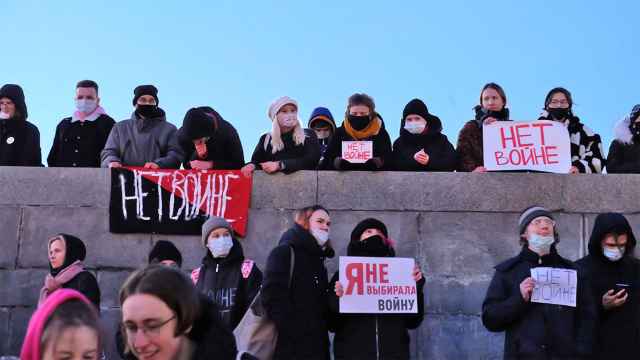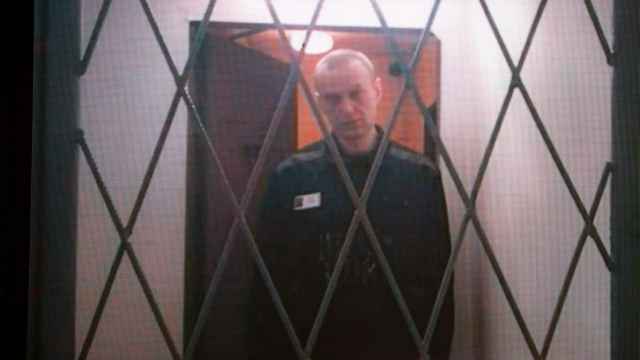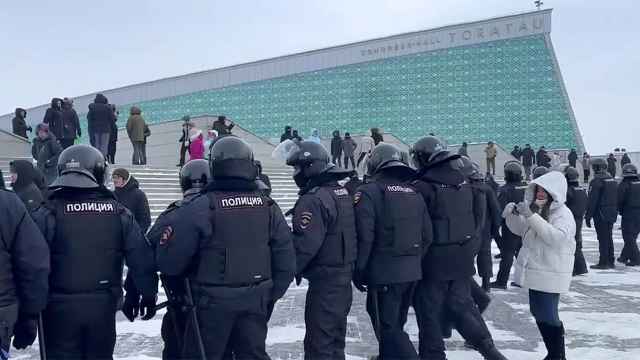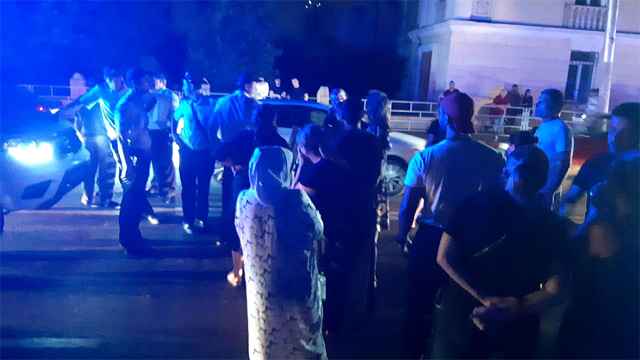On the morning of July 4, Independence Day, I turned to my husband and said, “You know, I don’t feel like watching fireworks tonight.”
The night before, just after the United States paused military aid to Ukraine, Russia launched a brutal bombardment on Kyiv. Photos and videos showed the city — where I spent several joyful years — on fire and choking on smoke. The images left me with no desire to see celebratory explosions in the sky.
This was my first Independence Day as an American citizen, having received my passport just a month ago. As one of my American friends joked, “You’ve joined at a bit of a low point.” But I didn’t feel like laughing. As a “freshman” in this country, I felt the quiet sorrow of starting to lose something just after I had finally gained it.
And I wasn’t alone. According to recent polls, American pride has slipped to a new low. An Economist/YouGov survey found that 44% of Americans believe the country is becoming less patriotic, while only 14% think it is becoming more so. A CNN/SSRS poll earlier this year found that fewer than one in 10 Democrats or Republicans said the word “proud” described how they felt about politics in America today.
On social media, I saw many people saying they didn’t feel like celebrating this year. Some expressed sadness and disappointment over the direction the country was taking under the current administration. Others chose to join protests under the slogan “Free America” instead.
Just three weeks earlier, the national “No Kings!” protests prompted Donald Trump to label the participants as “people that hate our country” and therefore, in his eyes, not real patriots.
It reminded me of 2011 when, during mass protests in Russia, Putin mocked demonstrators as people “earning their little money” and pretended he mistook the protest symbol — white ribbons — for condoms.
As a former Russian journalist and linguist, I’m struck by the sense that the transformation of the word patriotism in America feels eerily familiar. In Russia, patriotism no longer means what it should. But that change didn’t happen overnight.
In 2014, TV Rain, a Russian independent TV channel now forced into exile and labeled “undesirable” by the Kremlin, invited me to join a broadcast marathon titled “To Love Your Motherland.” We discussed what patriotism truly meant to us and how Putin’s regime had violated that word, twisting it into something unrecognizable.
Radio journalist Ksenia Larina, also a guest host that day, wrote on social media: “Today on Dozhd [TV Rain], I tried to say that we owe everything terrible in human beings to patriotism. Patriotism is destructive; it creates nothing but noise, lies and hypocrisy. Patriotism is incompatible with freedom; it kills freedom of thought, creativity and self-realization. Patriotism is the religion of yesterday, a religion of the dead. It is a weapon of xenophobia. It is built on hatred, fear, lies, and irreconcilability. Patriotism is repulsive. It simplifies people and robs them of their minds. And that is all.”
She was attacked fiercely for those words, including by state propagandists. But she wasn’t attacking the idea of loving one’s country. She was calling out the way the Kremlin had turned patriotism into blind devotion to power.
Back in the 1770s, Samuel Johnson said that “patriotism is the last refuge of a scoundrel.” His biographer, Boswell, noted that Johnson meant false patriotism — the kind used by cynical operators to disguise their pursuit of personal power.
That’s exactly what happened in Russia. The authorities stuffed the word patriotism like a scarecrow, filling it with meanings that served the regime, not the nation.
However, the meaning of that word in Russia and America still remains different. When Alexei Navalny’s posthumous memoir “Patriot” was published, some Russian readers did not respond well to the title: for them, the word had a whiff of favor toward the Kremlin and its active supporters.
To many Americans, though, the title felt entirely appropriate. Navalny died fighting for his country’s freedom. What could be more patriotic than that? Russian writer Ksenia Buksha once called Navalny’s humor “superglue for patriots,” suggesting that his wit and defiance made him a political figure of global stature.
Now, here in America, I see the early signs of a similar attempt to redefine patriotism. The idea is creeping in that if you protest, you’re not a patriot. If you question the government, you’re un-American.
But for now, they’re only attempts. The word still holds its true meaning for many. Americans haven’t yet learned — as George Orwell warned against — to love their country with their eyes closed.
A Message from The Moscow Times:
Dear readers,
We are facing unprecedented challenges. Russia's Prosecutor General's Office has designated The Moscow Times as an "undesirable" organization, criminalizing our work and putting our staff at risk of prosecution. This follows our earlier unjust labeling as a "foreign agent."
These actions are direct attempts to silence independent journalism in Russia. The authorities claim our work "discredits the decisions of the Russian leadership." We see things differently: we strive to provide accurate, unbiased reporting on Russia.
We, the journalists of The Moscow Times, refuse to be silenced. But to continue our work, we need your help.
Your support, no matter how small, makes a world of difference. If you can, please support us monthly starting from just $2. It's quick to set up, and every contribution makes a significant impact.
By supporting The Moscow Times, you're defending open, independent journalism in the face of repression. Thank you for standing with us.
Remind me later.



